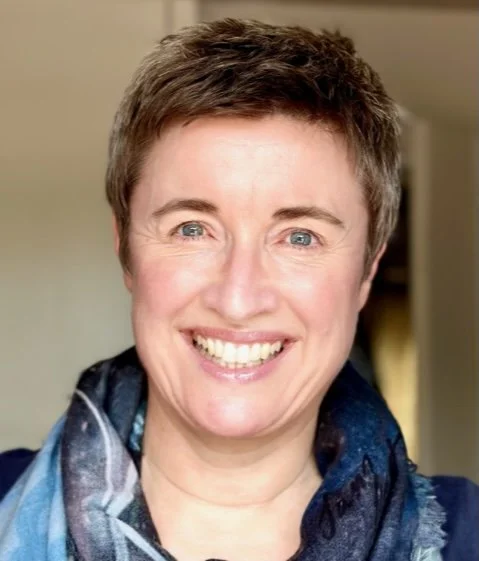Developer
Kathryn Harries has spent over two decades working with and leading technical field teams in humanitarian and development contexts, driven by a fundamental belief: when we empower field teams, we empower the entire humanitarian system to serve people affected by crisis more effectively.
While the humanitarian sector champions localisation and accountability, Kathryn recognised a critical gap—we continue to leave our field teams without the practical tools they need to achieve those outcomes. More than 630,000 humanitarian staff work in countries experiencing crises, with 90% being national workers, yet frontline teams operate with weaker support systems than teams in other emergency services.
This realisation sparked comprehensive PhD research at the Centre for Humanitarian Leadership, Deakin University. Through interviews with sector experts from the Global South and North, Kathryn documented how field teams are being set up to fail, not succeed. A comprehensive literature review revealed the core challenges: inadequate support for team leaders, poor access to relevant resources, knowledge haemorrhaging through staff turnover, and barriers to effective adaptation and continuous improvement.
Kathryn’s research highlighted that humanitarian field teams work semi-autonomously with far greater responsibility than teams in other emergency services, navigating dynamic environments with multiple accountabilities—to donors, their organisations, local actors, government, and people affected by crisis. They need practical systems for leading and managing in complex environments, not just competency lists or individual soft skills training.
The Field Team Impact Kit (FieldTiK) was developed by Kathryn to fill this gap. It represents a paradigm shift from supporting individual hero leaders to empowering entire field teams. Drawing on the internationally recognised Environmental Management Systems standard (ISO14001), FieldTiK provides team-centred, in-situ guidance that enables teams to:
Retain useful knowledge at the team level through staff changes and between projects
Access proven practices from other teams and relevant resources
Develop site-specific approaches meeting their unique cultural, team, and emergency contexts
Review, refine, and expand their practices over time
Sector experts unanimously agreed FieldTiK addresses "a critically important gap in the humanitarian sector," calling it "a short-cut to 20 years of team management experience." The approach is particularly valuable for local NGOs, enabling genuine localisation by building capacity where it matters most.
Kathryn's extensive field experience includes:
WASH Cluster Coordinator, Somalia: Coordinated WASH teams from over 170 organisations responding to famine, drought, insecurity and malnutrition, developing a demand-led system—globally recognised as best practice in knowledge management and information sharing
Knowledge and Learning Manager, DFAT-funded Civil Society WASH Fund: Developed and implemented a field-team-centred strategy for 29 projects and 13 organisations
WASH Team Lead and Specialist: Led and supported teams in Timor-Leste, the Philippines, Geneva, India, Sri Lanka, and Pacific Island countries
Plant Manager: Led a sewage treatment plant team that received the organisation's Team of the Year award
Trainer and Facilitator: Developed skills of individual team members in leadership, coordination, humanitarian practice, and WASH programming
Systems Developer: Created bottom-up management systems for field teams, one system accredited to global environmental management standard
Kathryn's broader work is a call to action for systematic change. She advocates for creating demand-led rather than supply-driven knowledge flows, building sustainable capability that transcends individual projects and emergencies, and recognising that investing in field team capability multiplies the impact of all other humanitarian investments.
Her vision extends beyond humanitarian organisations to anywhere teams operate with similar independence and complexity. As she states: "When field teams have the right tools and support, they don't just implement better responses—they transform how the entire humanitarian system serves people affected by crisis."
Qualifications: BSc, MEngSc, PGCert (WEDC), PhD
LinkedIn: Kathryn Harries
